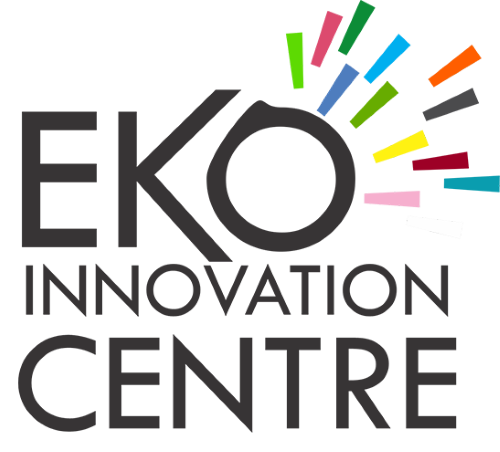The workplace is evolving at a breakneck speed, and startups are at the forefront of this transformation. From remote work and flexible hours to new tools that enhance productivity, startups are redefining what it means to work in the 21st century. This shift is not just about technology; it’s about creating work environments that foster creativity, collaboration, and well-being.
Flexible Work Arrangements
Startups are known for their agility, and this is reflected in their approach to work arrangements. Unlike traditional companies, where rigid 9-to-5 schedules are the norm, many startups offer flexible work hours, remote work options, and even four-day work weeks. These arrangements not only improve work-life balance but also boost employee productivity.
According to a survey by Buffer, 98% of remote workers want to continue working remotely, at least some of the time, for the rest of their careers. Startups that embrace this trend are not only attracting top talent but are also setting themselves up for long-term success.
Technology-Driven Workspaces
Technology plays a crucial role in how startups are reshaping the workplace. Collaboration tools like Slack, Trello, and Zoom have become essential for maintaining team cohesion and productivity, regardless of physical location. Startups are also leveraging cloud-based solutions to manage projects, store data, and streamline operations, making it easier to scale and adapt to changing market conditions.
For instance, GitLab, a fully remote startup with over 1,300 employees, uses a combination of tools to maintain its operations across more than 60 countries. This approach has allowed GitLab to tap into a global talent pool, reduce overhead costs, and maintain high levels of employee satisfaction.
Workplace Culture and Employee Well-being
Beyond technology, startups are also focusing on creating a positive workplace culture. This includes fostering an environment where employees feel valued, supported, and motivated. Startups are known for their flat organizational structures, which encourage open communication and collaboration. This approach not only drives innovation but also helps build strong teams.
Moreover, startups are increasingly prioritizing employee well-being. Initiatives such as mental health support, wellness programs, and work-life balance policies are becoming commonplace. By investing in their employees’ well-being, startups are not only enhancing productivity but also reducing turnover.
Challenges in the New Workplace
While the future of work presents exciting opportunities, it also comes with challenges. Startups must navigate issues such as managing remote teams, maintaining company culture in a digital environment, and ensuring data security. These challenges require thoughtful strategies and a willingness to adapt to new ways of working.
Another challenge is the need for continuous learning. As technology evolves, employees must keep their skills up to date. Startups that invest in training and development programs are better positioned to stay competitive in the fast-changing business landscape.
Conclusion
The future of work is being shaped by startups that are pushing the boundaries of what is possible in the workplace. Through flexible work arrangements, technology-driven solutions, and a focus on culture and well-being, startups are creating work environments that are more dynamic, inclusive, and productive.
At Eko Innovation Centre, we are dedicated to supporting startups as they navigate this new world of work. Whether through our coworking spaces, mentorship programs, or networking events, we provide the resources and support that startups need to thrive in the modern workplace.
